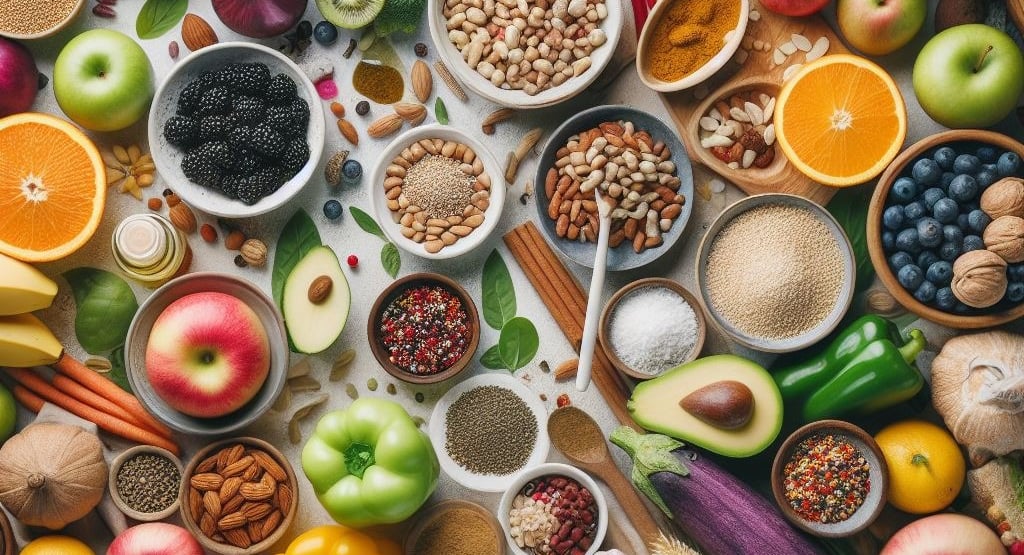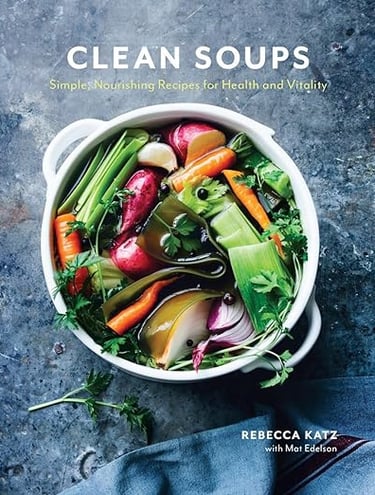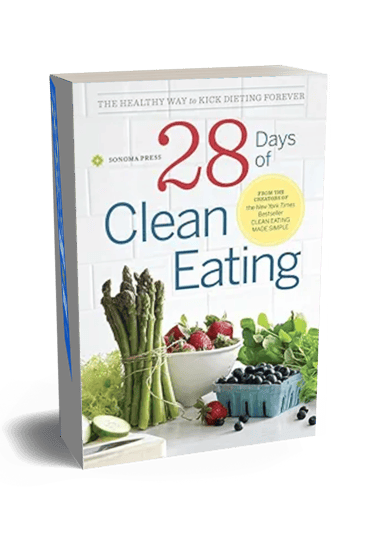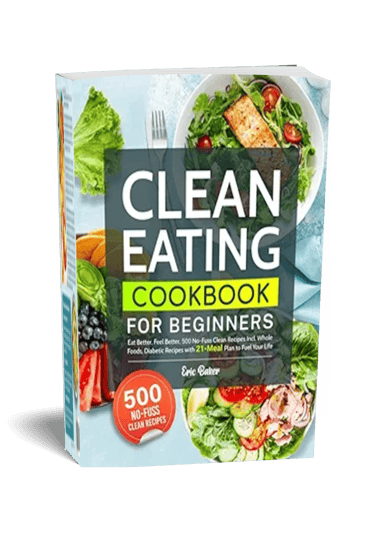Clean Food: What It Is and How to Eat It
Unleash the power of real food! Discover what clean eating is, why it matters, and how to embrace a delicious, healthy lifestyle. Learn tips for shopping, prepping, and cooking clean meals. Feel your best from the inside out!
Isabella Ramirez
3/2/20243 min read


If you are interested in improving your health and wellness, you may have heard of the term "clean food" or "clean eating". But what exactly does it mean to eat clean? And how can you incorporate clean food into your diet?
What Exactly is Clean Food?
Clean food is not a specific diet or a set of rules that you have to follow. Rather, it is a general approach to eating that emphasizes natural, whole, and minimally processed foods. Clean food is food that is as close to its original state as possible, without added sugars, artificial flavors, colors, preservatives, or other chemicals.
Some examples of clean food are:
Fruits and vegetables
Whole grains
Lean proteins
Nuts and seeds
Healthy fats
Herbs and spices
Some examples of foods that are not clean are:
Refined grains
Processed meats
Added sugars
Artificial sweeteners
Trans fats
Alcohol
Why Eat Clean Food?
The benefits of eating clean food are numerous. Eating clean food can help you:
Boost your immune system
Improve your digestion
Reduce inflammation
Lower your blood pressure and cholesterol
Prevent chronic diseases
Enhance your mood and energy levels
Support your weight management goals
How to Eat Clean Food?
To start eating clean food, you don't have to make drastic changes to your diet or lifestyle. You can simply make some small adjustments that can have a big impact. Here are some tips to help you eat clean food:
Choose organic or locally grown produce whenever possible
Read the labels and avoid foods with ingredients that you can't pronounce or recognize
Cook your own meals at home more often and use fresh ingredients
Swap refined grains for whole grains, such as brown rice, quinoa, oats, or buckwheat
Limit your intake of added sugars and artificial sweeteners, and opt for natural sweeteners like honey, maple syrup, or dates
Choose lean proteins like chicken, turkey, fish, eggs, or tofu, and avoid processed meats like bacon, ham, or sausage
Incorporate healthy fats like olive oil, avocado, nuts, seeds, or fish oil into your diet
Flavor your food with herbs and spices instead of salt or sauces
Drink plenty of water and limit your consumption of alcohol, soda, juice, or other sugary drinks
Eating clean food is not only good for your physical health, but also for your mental and emotional well-being. By eating clean food, you are nourishing your body and mind with the best quality fuel that nature has to offer. You are also respecting yourself and the environment by choosing foods that are sustainable and ethical. Eating clean food is not a fad or a trend, but a lifestyle choice that can benefit you in many ways.
Clean Eating Cookbook for Beginners: Eat Better, Feel Better, 500 No-Fuss Clean Recipes Incl. Whole Foods, Diabetic Recipes with 21-Meal Plan to Fuel Your Life

Empowering women to be healthy, happy, and beautiful.
Affiliate Disclosure: Some of the links on this site are affiliate links, which means that we may receive a small commission if you make a purchase through them. This is at no extra cost to you. This helps support this website and allows us to continue to create content like this.
©2026 FemmeJourney. All rights reserved.





